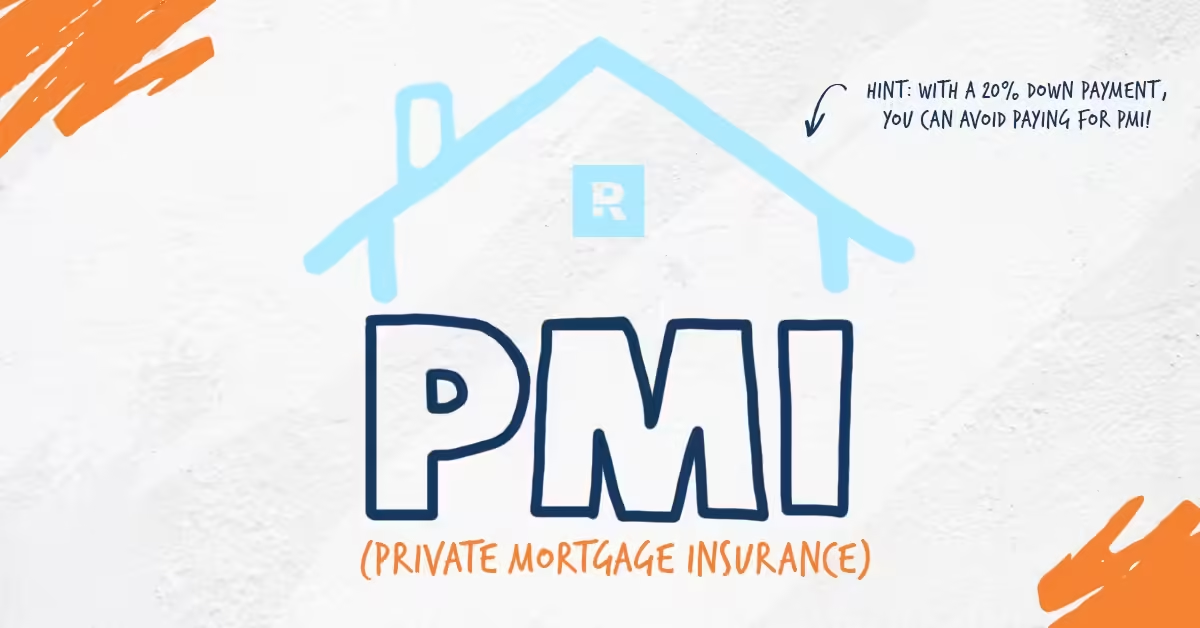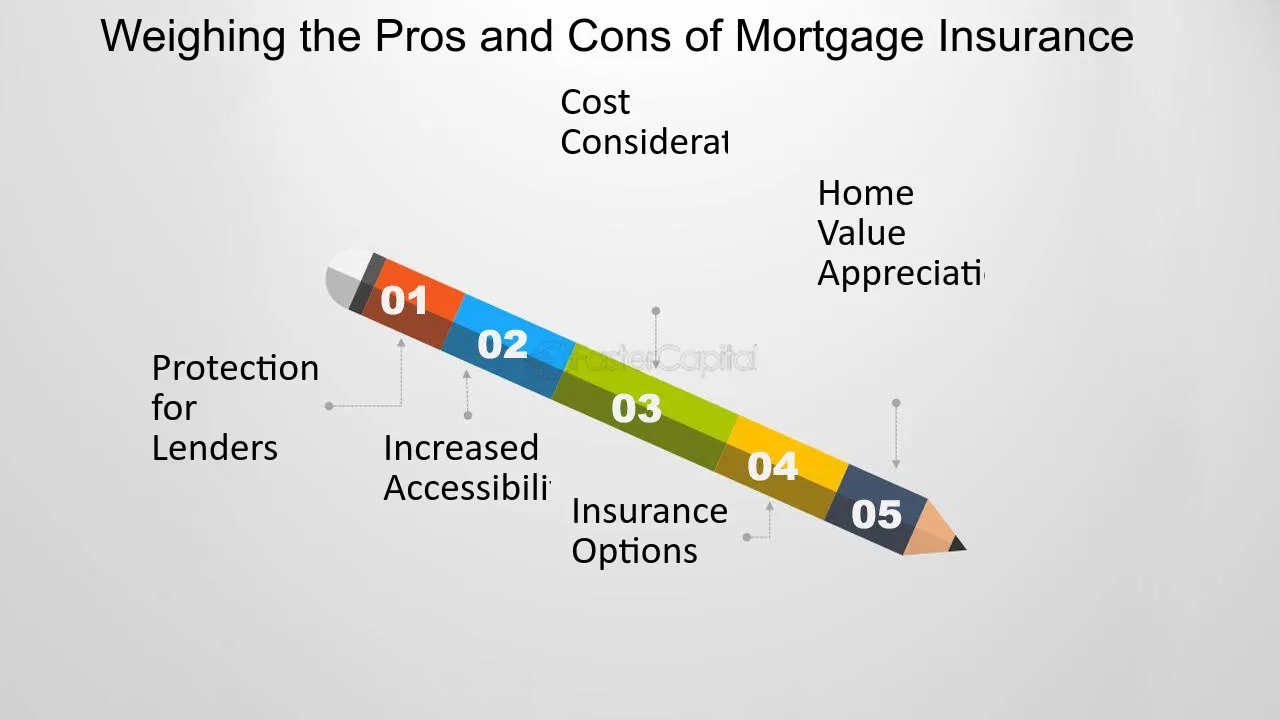Buying a home is one of the biggest financial decisions you’ll ever make. Yet, many first-time buyers find themselves feeling overwhelmed by the process. One aspect that often raises questions is mortgage insurance. What exactly is it, and why might you need it?
Understanding mortgage insurance can be crucial for navigating your way through homeownership. Whether you’re looking to buy your dream house or just curious about how it all works, this guide will break down everything you need to know about mortgage insurance in simple terms. Let’s dive in!
Types of Mortgage Insurance
Mortgage insurance comes in various forms, each catering to different needs and financial situations. Understanding these types can help you make informed decisions when purchasing a home.
Private Mortgage Insurance (PMI) is the most common type. Typically required for conventional loans with less than 20% down payment, PMI protects lenders if borrowers default on their loans.
For those who opt for an FHA loan, Federal Housing Administration (FHA) mortgage insurance becomes necessary. This government-backed option allows lower credit scores but comes with an upfront premium and monthly fees throughout the life of the loan.
Veterans looking to buy a home might benefit from Department of Veterans Affairs (VA) mortgage insurance. While it’s not technically called “insurance,” it serves a similar purpose by safeguarding lenders against default without requiring monthly premiums—an attractive feature for eligible veterans.
Understanding these options can guide your path toward homeownership.
A. Private Mortgage Insurance (PMI)

Private Mortgage Insurance, commonly known as PMI, is typically required for conventional loans. If you’re putting down less than 20% of the home’s purchase price, your lender will likely ask for this insurance.
PMI protects lenders in case you default on the loan. It acts like a safety net for them while allowing buyers to secure financing without a hefty down payment.
The cost of PMI varies based on several factors, including your credit score and the size of your down payment. Usually, it ranges from 0.3% to 1.5% of the original loan amount annually.
This insurance can be paid upfront at closing or rolled into monthly payments. Once you’ve built enough equity—typically when you’ve reached 20%—you may be able to request cancellation of PMI with your lender’s approval.
B. Federal Housing Administration (FHA) Mortgage Insurance
FHA mortgage insurance is designed to protect lenders against losses on loans for buyers with lower credit scores or smaller down payments. It opens the door for many aspiring homeowners who might struggle to qualify for conventional financing.
When you secure an FHA loan, you’ll pay both an upfront premium and a monthly fee. The upfront cost can be rolled into the mortgage, making it manageable right from the start.
One appealing feature of FHA insurance is that it allows down payments as low as 3.5%. This flexibility makes homeownership more attainable for first-time buyers and those with limited savings.
However, it’s important to note that FHA mortgage insurance typically remains in place for the life of the loan unless specific conditions are met—like refinancing into a conventional loan once you’ve built up enough equity. Understanding these nuances can help you make informed decisions about your financial future.
C. Department of Veterans Affairs (VA) Mortgage Insurance
The Department of Veterans Affairs (VA) offers a unique mortgage option for eligible veterans and active-duty service members. Unlike traditional mortgage insurance, VA loans do not require monthly premiums. Instead, they have a one-time funding fee that varies based on the loan amount and service history.
This benefit makes homeownership more accessible for those who have served in the military. The absence of monthly payments can lead to significant savings over time.
Veterans are also protected from many predatory lending practices. VA loans typically come with competitive interest rates, making them an attractive choice for those looking to purchase a home.
In addition, there’s no requirement for private mortgage insurance (PMI). This feature is particularly beneficial if you’re able to secure your financing without putting down 20%.
How Does Mortgage Insurance Work?
Mortgage insurance is designed to protect lenders in case borrowers default on their loans. When you put down less than 20% of the home’s purchase price, this insurance kicks in.
It can be a one-time upfront charge or an ongoing monthly fee added to your mortgage payment. The specifics depend on the type of loan and insurer involved.
For conventional loans with PMI, you’ll typically pay a percentage based on your initial loan amount and down payment size. FHA loans require both an upfront premium and monthly premiums for the life of the loan.
When you make payments, you’re essentially contributing to a safety net that secures your lender’s investment. If foreclosure occurs, this insurance helps cover potential losses incurred by the lender.
It’s important to note that once your equity builds up—generally reaching 20%—you may be able to cancel PMI, reducing your overall expenses significantly.
Pros and Cons of Having Mortgage Insurance

Mortgage insurance can be a mixed bag. On one hand, it allows you to secure a home with a lower down payment. This accessibility is crucial for first-time buyers or those with limited savings.
On the flip side, the cost can add up. Monthly premiums increase your overall mortgage payment, stretching your budget thinner than anticipated. It’s an extra expense that some may not be prepared for.
Additionally, while PMI helps protect lenders against default, it does little for you as the borrower if things go south.
However, many find peace of mind knowing they’re on their way to owning a home sooner rather than later. Weighing these pros and cons carefully is essential in making informed decisions about your financial future.
When is Mortgage Insurance Required?
Mortgage insurance becomes a necessity when your down payment is less than 20% of the home’s purchase price. Lenders see this as a risk, and mortgage insurance helps protect them in case you default.
If you’re obtaining an FHA loan, mortgage insurance is mandatory regardless of your down payment amount. This applies even if you put down more than 20%.
For veterans using VA loans, there’s no monthly premium for mortgage insurance. However, they do pay a funding fee that serves a similar purpose.
It’s essential to understand these requirements before committing to a home loan. Knowing when you’ll need mortgage insurance can help you budget effectively and avoid surprises along the way.
Alternatives to Mortgage Insurance
If mortgage insurance isn’t the right fit for you, there are alternatives worth exploring.
One option is a piggyback loan. This involves taking out a second mortgage to cover part of your down payment. By doing this, you can avoid PMI altogether while still securing your primary loan with a lower interest rate.
Another alternative is lender-paid mortgage insurance (LPMI). With LPMI, the lender covers the cost of insurance in exchange for a slightly higher interest rate on your loan. This can be beneficial if you prefer not to deal with monthly PMI payments.
Consider government-backed loans like those from VA or USDA programs. They often come with more favorable terms and might waive traditional mortgage insurance requirements entirely.
Saving up for a larger down payment will reduce or eliminate the need for any type of mortgage insurance as well. A bigger upfront payment makes lenders feel more secure about their investment.
Conclusion
When navigating the world of home financing, understanding mortgage insurance is crucial. This safety net can make a significant difference in your journey to homeownership. By knowing what it entails and the various types available, you’ll be better equipped to assess if it’s right for you.
Mortgage insurance can open doors for those who may not have a hefty down payment saved up or are looking at government-backed loans. Still, it’s essential to weigh the benefits against the costs.
Before committing, consider alternatives such as larger down payments or loan options that don’t require mortgage insurance at all. Each situation is unique; what works for one person may not work for another.
Staying informed and evaluating your financial position will help guide your decisions on whether mortgage insurance fits into your plans or if there are better paths to take toward achieving homeownership goals.
Read More:
Types of Coverage for NFTs Insurance
The Risks of Not Insuring Your NFTs and Crypto Investments
How to Protect Your Cryptocurrency: A Deep Dive into Digital Asset Insurance
Insuring Your NFTs: Why Digital Asset Insurance is the Future of Blockchain
